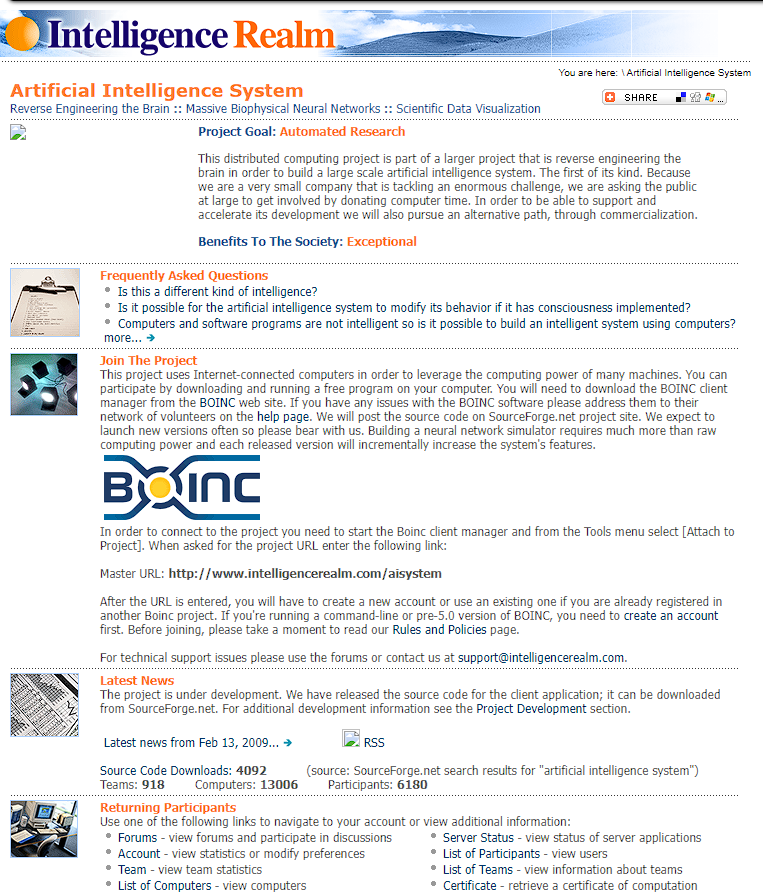The Future of AI in International Arbitration: Opportunities and Challenges

In recent years, the integration of Artificial Intelligence (AI) into international arbitration has gained significant traction, as highlighted by the 2025 International Arbitration Survey, co-authored by Queen Mary University of London. The survey, published on June 1, 2025, indicates a growing consensus among arbitration practitioners regarding the potential benefits and challenges associated with AI in this legal domain.
The survey reveals that the primary drivers for adopting AI in international arbitration include time savings for parties and counsel, cost reduction, and a decrease in human error. However, practitioners also express concerns about accuracy, bias, confidentiality risks, and a general lack of experience with these technologies. According to Dr. Sarah Johnson, Professor of Law at Queen Mary University of London and co-author of the survey, "AI is only as smart as the lawyer asking the question," emphasizing the critical role of human oversight in leveraging AI tools effectively.
Historical Context
AI's application in legal practices, particularly arbitration, is not a new phenomenon. The Organisation for Economic Co-operation and Development (OECD) first published its Recommendations on AI in 2019, later defining an AI system in March 2024 as a machine-based system that infers outputs based on input received. This evolving definition underscores the need for clarity as AI technologies become more prevalent in legal frameworks. The EU's Artificial Intelligence Act, effective August 2024, aims to regulate AI practices to ensure safety and fundamental rights while fostering innovation in various sectors, including legal services.
Current Situation Analysis
The 2025 Survey indicates a marked increase in AI adoption among arbitration professionals, particularly for tasks such as conducting factual and legal research and managing large volumes of documents. AI tools are noted for their efficiency in document review, which traditionally takes weeks. Additionally, AI can assist in preparing chronologies and summarizing witness statements, thus enhancing overall productivity. However, the survey also highlights a moderate adoption rate for data analytics applications, which are expected to grow as practitioners recognize their potential to streamline processes.
Despite the optimistic outlook, significant concerns persist. Stakeholders point to issues such as linguistic and cultural biases in AI algorithms, the risk of data breaches, and the potential for AI-generated content to oversimplify complex legal arguments. As noted in a recent ruling by the English courts, AI should not substitute human judgment, and oversight remains essential to mitigate risks associated with AI's limitations.
Expert Analysis
Several experts have weighed in on the implications of AI in international arbitration. Dr. Emily Thompson, a legal technology researcher at Stanford University, emphasizes the need for clear guidelines and training to harness AI's capabilities without compromising ethical standards. According to her, "The legal field must evolve to integrate AI while safeguarding the fundamental principles of justice and accountability."
Conversely, industry leaders such as Michael Chen, CEO of LegalTech Innovations, express optimism about AI's potential to revolutionize arbitration. Chen argues that "AI tools can significantly reduce the time and costs associated with arbitration, providing access to justice for parties who may otherwise face prohibitive expenses."
Impact Assessment
The integration of AI into international arbitration presents both opportunities and challenges. Economically, AI can enhance efficiency and reduce costs, leading to a more streamlined arbitration process. Socially, it may democratize access to legal resources by making arbitration more affordable. Politically, the regulatory landscape surrounding AI will continue to evolve as governments and institutions grapple with balancing innovation against the need for oversight.
Internationally, the differing regulatory approaches to AI, particularly between the EU and the UK, highlight the need for a cohesive framework that can guide practitioners globally. As noted by Sir Geoffrey Vos, Master of the Rolls, during a speech in February 2025, "A balanced, informed, and ethical integration of AI into the legal system is essential for preserving fundamental rights and improving access to justice."
Future Projections
Looking ahead, the next five years are likely to witness significant advancements in AI applications within international arbitration. As stakeholders address ongoing concerns regarding confidentiality and bias, AI's role may evolve from a supplementary tool to a central component of arbitration practices. Many participants in the 2025 Survey expressed optimism that AI would soon become a commercial advantage, revolutionizing the way arbitrators operate.
In conclusion, while the path forward for AI in international arbitration is fraught with challenges, the potential benefits for efficiency, cost reduction, and access to justice cannot be overlooked. As the legal community prepares to navigate these changes, ongoing dialogues among practitioners, regulators, and technology experts will be crucial in ensuring that AI serves as a tool for enhancing, rather than undermining, the arbitration process.
Advertisement
Tags
Advertisement





